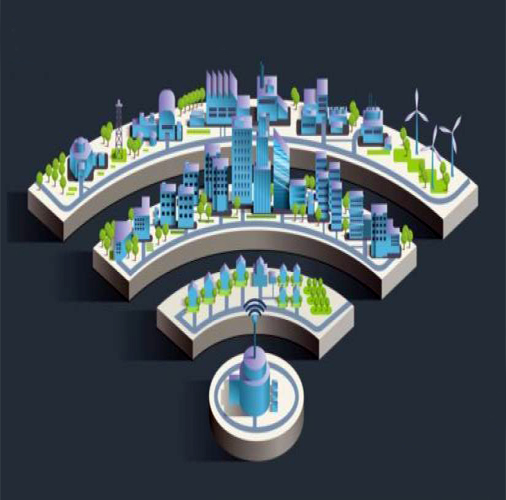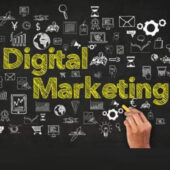There are complex and wide-ranging challenges in most cities around the world that people face and can only be solved through a systematic approach. Due to the cities high population, there is a disorder and imbalance between traffic and urban services. One of the main concepts in this regard is smart cities. The smart city has been introduced as the axis of millennium development and means the opening of new concepts in urban planning that combine the capabilities of the real and virtual world to solve problems.
By having key resources and business partners, Wats Grouphas provided services and products in this field in the domestic unit of Iran and internationally, and supports businesses that want to provide services in this field.
What is a smart city?
Smart cities are cities built on the basis of binary, or in other words, information technology, and are run in a completely virtual and intelligent way, from the government and citizens to transportation, energy, and the living environment. In other words, the smart city is basically an intelligent network of connected objects and machines that transmit information using wireless technology and cloud computing. IoT-based cloud computing programs receive, analyze, and manage information instantly to help municipalities, companies, and citizens make better decisions to improve their life quality.
A smart city is a city that has the following six main criteria:
- Smart Governance
- Smart Citizen
- Smart Environment
- Smart Home
- Smart Economy
- Smart Mobility
- Smart Energy
Main services provided in smart cities:
- Smart lighting:
- Control and integrate urban lighting, sensors and actuators using IoT technology to optimize energy consumption and increase security in cities
- Smart parking:
- IoT-based hardware and software suite for intelligent management of the number of vehicles in the parking lot, increasing the safety factor of vehicles at the moment of traffic, entry-exit and stop, reducing the number of personnel involved and increasing safety and receiving costs automatically or manually
- Smart agriculture:
- Optimization of processes and effective use of water resources and efficient use of land, greenbelt and parks using various sensors to monitor soil condition and using IoT technology
- Intelligent waste management:
- Monitoring, collecting, transferring, processing, recycling and disposal of waste using hardware and software platforms and with IoT technology or in other words intelligent management of waste flow from source to disposal site
- smart building:
- A smart home is a place that uses interconnected devices and the Internet to remotely control and manage smart devices and systems such as lighting, security, and so on.
Wats Groupis able to provide all the above services and more in this area.
Watts Smart City’s contact with citizens:
People use a variety of ways to connect to smart city systems, such as smartphone apps, web apps and websites, and in advanced stages, smart cars and homes. All these products can be provided through the services of Watts Company
Watts Smart City Benefits:
Reduction of costs and sustainability of services, citizen satisfaction due to high order and coordination and integrity, proper quality of services provided by citizens. it can also improve energy distribution methods, make garbage collection easier, and reduce traffic and even improve air quality with the help of the IoT.
Examples in the world
For example, intelligent traffic lights receive data from sensors and cars, and based on this information, they act in a real time manner to best perform and prevent traffic jams in the face of traffic. Connected cars can communicate with parking meters and car charging terminals, providing the best route for drivers to reach the nearest accessible point. Smart trash bins automatically send data to waste management companies and schedule waste disposal scheduling much more accurately and efficiently than a pre-defined schedule. Citizens’ smartphones become their ID cards and driver’s licenses, increasing the speed and ease of providing government services. Together, these technologies are optimizing infrastructure, portability, utilities, and energy.
Why we need smart cities?
People are increasingly migrating from rural areas to cities. By 2050, about 86 percent of people in developed countries and 64 percent in developing countries will live in cities. Environmental, social and economic sustainability is one of the most important points to coordinate with this rapid population expansion.





